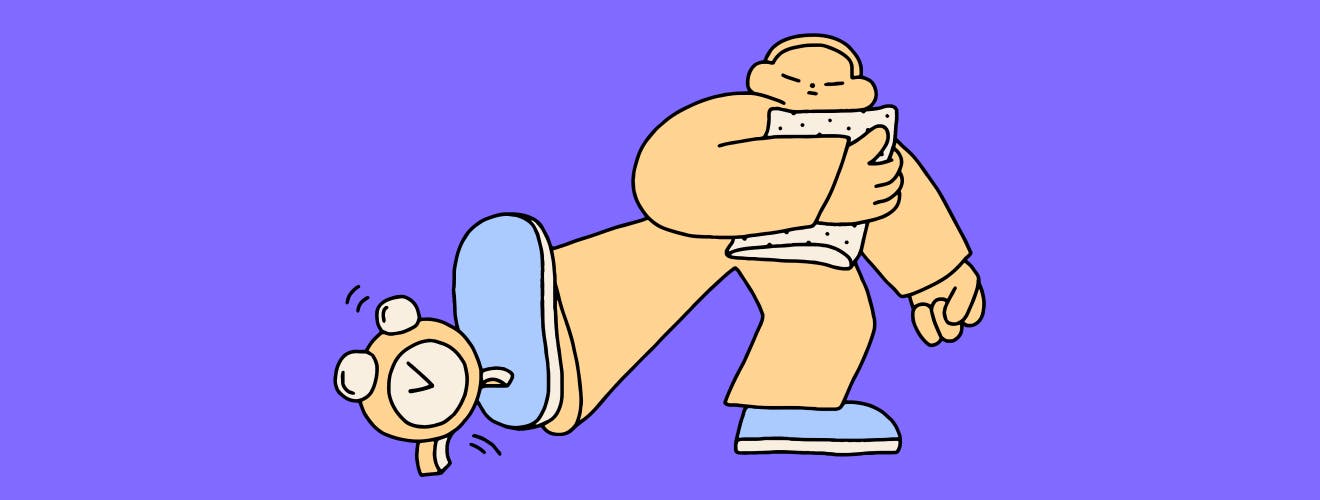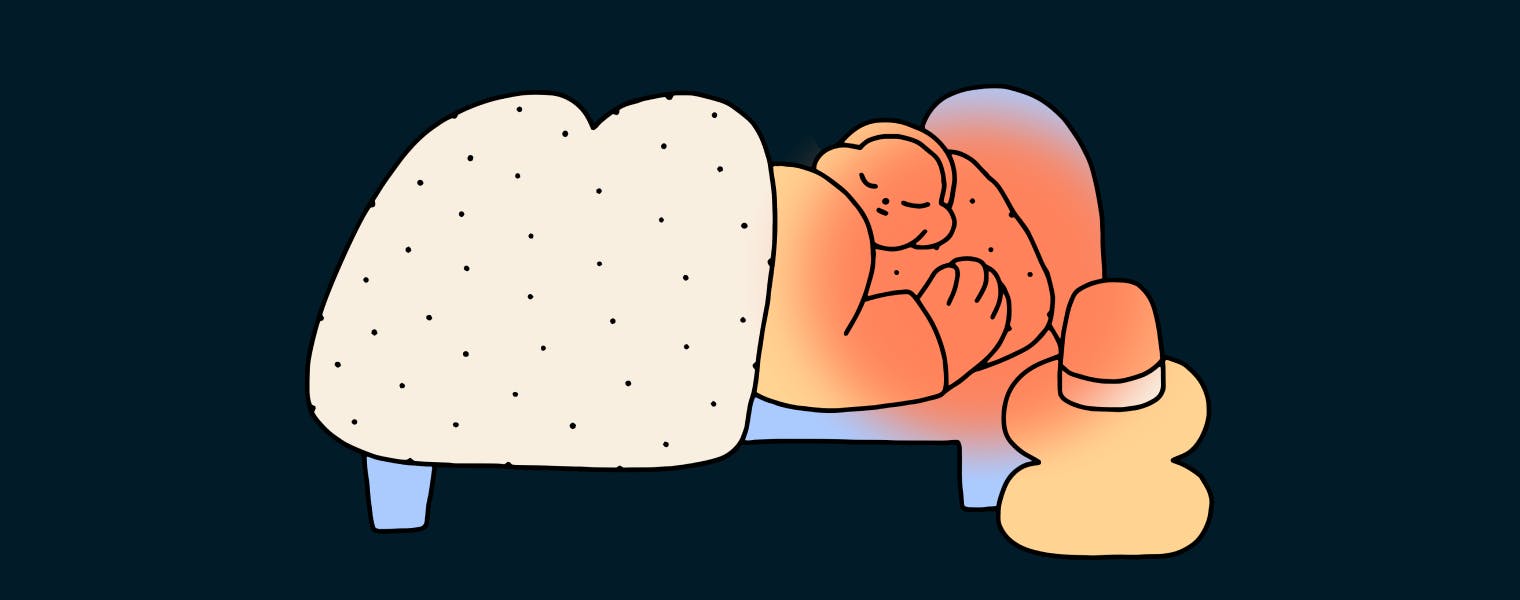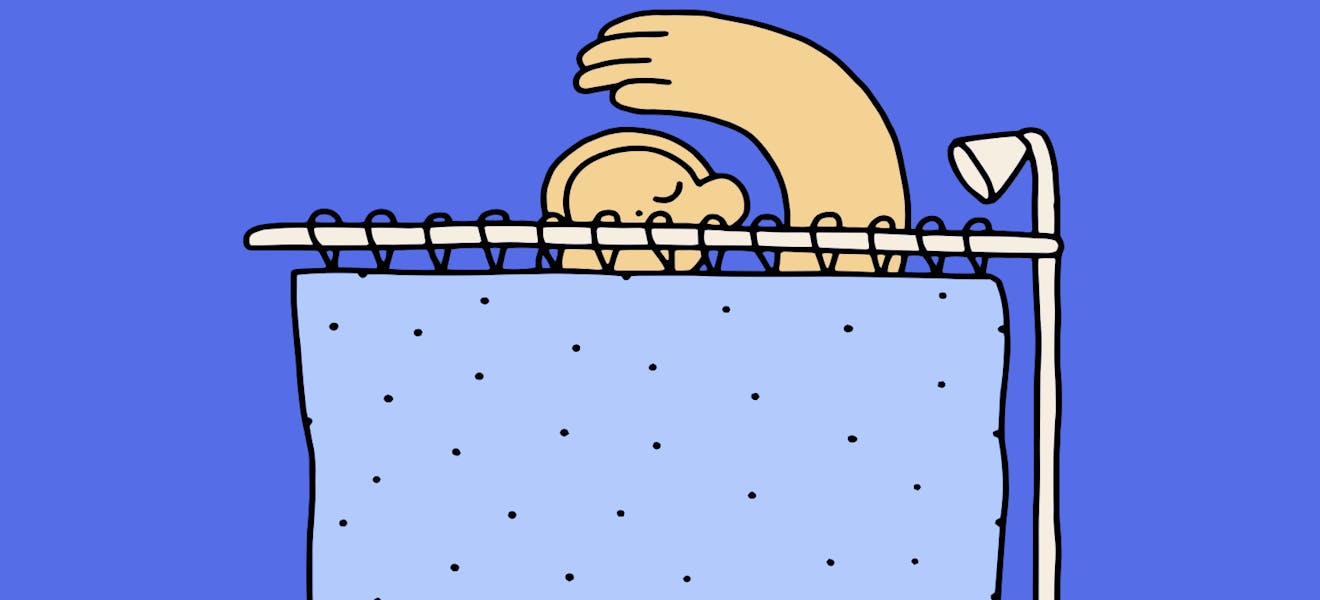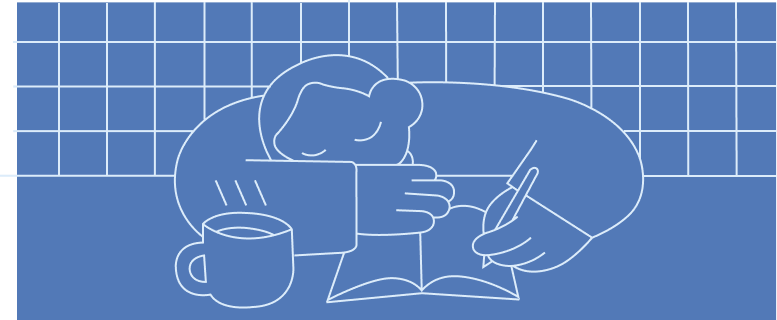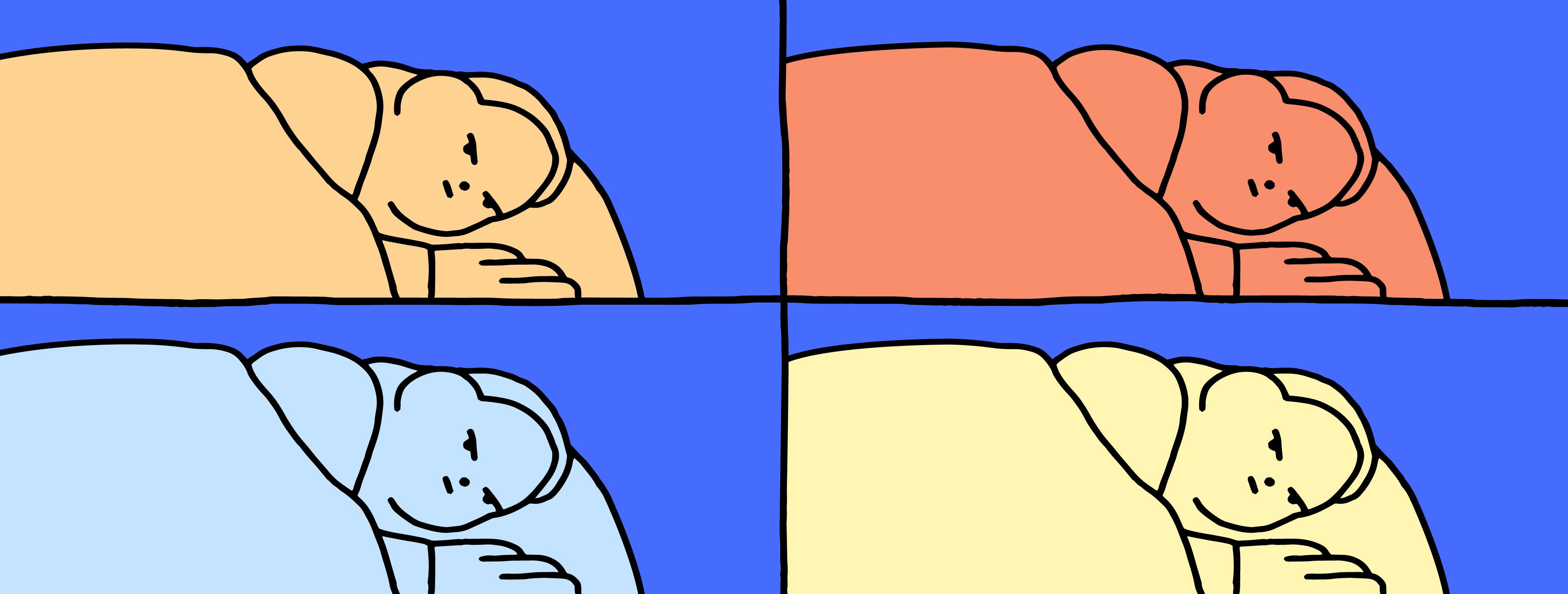Can't Get Comfortable in Bed? Here's What To Do

Can't get comfortable in bed? Then chances are you aren't in for a great night's sleep. Unfortunately, it's not always an easy or inexpensive problem to solve. Injuries and old furniture tend to be big contributors to uncomfortable sleep, though there are other factors to consider. They aren't all obvious, but they are easy to adjust. Maybe the thermostat is the problem. Or maybe you just need to hug a pillow. Check out the tips below for more.
Uncomfortable in Bed? Follow These Tips For a Good Night's Sleep
One in four Americans develop insomnia every year, so tossing and turning when you're meant to be asleep isn't exactly an uncommon occurrence. However, it does have pretty detrimental effects on your health and day-to-day lives.
While some sleep disturbances may be caused by medical conditions or sleep disorders requiring sleep medicine or other kinds of intervention, most people only need a few lifestyle tweaks to achieve a better night's sleep. Here are some ways you can get quality sleep without resorting to counting sheep.
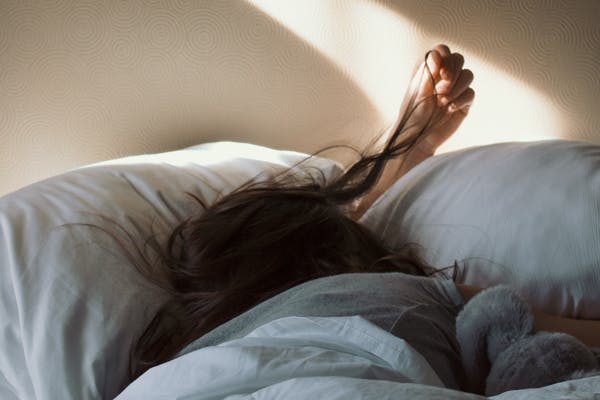
Get a Good Mattress
Naturally, where you rest your body will contribute to how well you sleep. That is to say, your mattress will likely dictate how likely you are to experience peaceful sleep. And finding the right one isn't always so easy.
Some people slumber better with a softer mattress, some prefer a harder surface. Research suggests medium-firm mattresses with adjustable firmness promote better sleep, comfort, and proper spine alignment. In certain cases, you may also need to consult with a medical director to find the best one for you, particularly if you have a medical condition to watch out for.
That said, there's really no magic mattress formula that fits every single insomniac adult in America, so it's on you to find the right fit.
If You Sleeping With a Partner, Make Sure the Bed Is Big Enough
Co-sleeping with a partner or a child has its perks, but it also has its fair share of drawbacks. For one, you may find yourself without much blanket coverage at some point in the night. That, or you'll be lost in a sea of limbs, and not in a sexy way, either. To avoid these kinds of interruptions, we suggest getting the appropriate bed size for you and your partner.
RELATED: Learn more about the best bed size for couples now.
Keep the Room Cool
Our bodies have an internal master clock that tells us what to do and when to do it. Certain environmental cues like temperature and light exposure also help inform us when it's time for bed. Because we experience a slight dip in body temperature during sleep, keeping your room a bit colder can help signal to the brain that it's time to go to sleep. Besides, we tend to doze better in cold temperatures, so do yourself a favor and invest in an air conditioner or crack a window before hitting the sheets.
Change Your Sheets
If you are still having trouble sleeping, it may be time to change your sheets. Some fabrics are better suited to our bedtime needs than others. And sometimes, you just need a change.
Satin sheets tend to be a popular choice. They carry a range of benefits for your hair and skin. They are also moisture resistant, which is great for people who experience night sweats. Cotton is another great option. These sheets are durable and provide extra warmth to those living in colder climates. Think about your specific needs, and go from there.
Switch Up Your Sleep Position
The majority of people sleep on their side. And while the position introduces certain benefits, it's not the best option for everyone out there. Try experimenting with different sleep positions to see what provides the most restful sleep. Making sure that your neck and spine are supported during sleep can also make a big difference in sleep quality.
Tell Your Furry Friends to Sleep Somewhere Else
As much as we adore pets, sometimes they're just not the best sleep companions. Not only do they have different sleep schedules, but they also tend to move around a lot. Besides, having a pet sleep in bed can also lead to allergies, accidents, injuries, and separation anxiety, and none that is very conducive to quality sleep.
Go Commando
Going commando can also help you get more comfortable in bed. Going to sleep without underwear has plenty of health benefits, too. Not only does it relieve dampness and soothe acne, but it also helps your body breathe. And hey, why stop at underwear. Sleeping naked can be just as good for sleep.
Hug A Pillow
Some people have trouble finding a comfortable sleeping position. For example, if you have a bad back you may need additional pillows to support your neck or spine.
Others are more comfortable when they're cuddling or hugging someone. In this case, getting a pillow to cuddle with is just as helpful as having a body next to you. Some suggest it even carries the psychological benefit of releasing oxytocin in the brain, which can relieve pain, boost your immune system, and alleviate stress.
Other Behaviors That Make Falling Asleep Easy
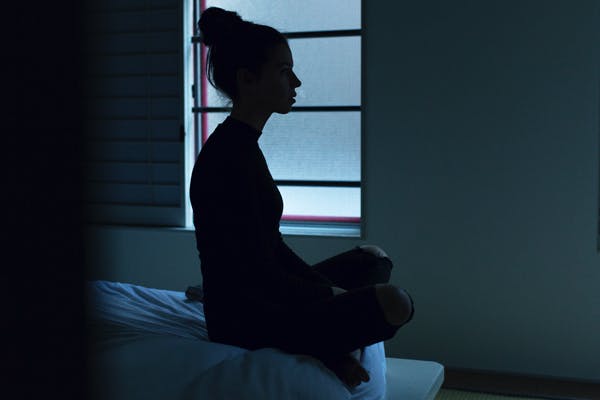
Aside from changing your sleeping habits and bedroom environment, practicing a few lifestyle choices may also help you fall asleep easier.
Kick the Caffeine Early
More than half of all Americans drink about 3 cups of coffee per day. While we totally get the hype - and we wouldn't dream of telling you to give it up ever - studies suggest that drinking coffee at night may be getting in the way of your good sleep.
Caffeine can disrupt your sleep up to 6 hours after consuming it, so we suggest getting your daily dose early on. This way, you get to enjoy your coffee fix as well as a good night's sleep.
Practice Mindfulness
Mindfulness is an approach that tackles emotional regulation and stress management using slow, steady breathing and a non-judgmental focus on the present moment. This has been proven to have a variety of health benefits, not the least of which is its effect on reducing stress and anxiety. It is also known to help reduce insomnia.
Ditch the Electronics
While it may be enjoyable to watch Netflix or read on the iPad before bed, these habits may be harming your chance of catching Zzs.
The blue light emitted by most devices can disrupt the natural production of your sleep hormone, making it harder to fall asleep. This can also throw off your circadian rhythm. Ditching your electronics may be hard, but if you want stress-free mornings after a good night's rest, it may be a worthy sacrifice.
Fall Asleep Fast with Sandland Sleep
According to the National Sleep Foundation, almost half of Americans feel sleepy during the day because of lack of sleep. Making a few lifestyle changes can help you get more comfortable in bed and fall asleep faster.
Taking supplements may also help you adjust your sleeping patterns. With all-natural ingredients, the all-natural sleep supplements from Sandland Sleep do more than help you fall asleep. They also upgrade the duration and quality of your sleep.
Formulated with plant extracts such as peppermint, low-dose melatonin, and all-natural hemp extract, our products work seamlessly by sending natural signals to your body when it's time to sleep. And just like that, you can get the deep sleep you deserve.
Co-sleeping is a common part of being in a relationship, but it is a common contributor to interrupted sleep. You may be having trouble adjusting to having another person in your space at first, which can contribute to why you have trouble falling asleep beside them. There are also other factors such as the bed space, whether they move around in their sleep, or snore. They may also have a different sleep schedule as you, which can disrupt your rest.
Many couples sleep separately to enjoy a more restful sleep. Some people are just more comfortable slumbering on their own. Others may do so for reasons related to work and sleep schedules. Couples may also stop sleeping in the same bed when experiencing problems in the relationship and find it too stressful to sleep together.
If you can't get comfortable at night, try getting up and walking around to clear your head. You can also try journaling, reading a book, drinking a cup of decaffeinated tea or warm milk, listening to soft music, or an audiobook. Taking a warm bath may also help. For some people, listening to white noise helps them get into a sleepy mood. Others may entertain some breathing exercises in order to relax.
